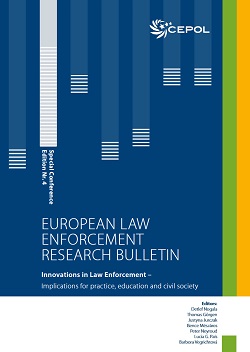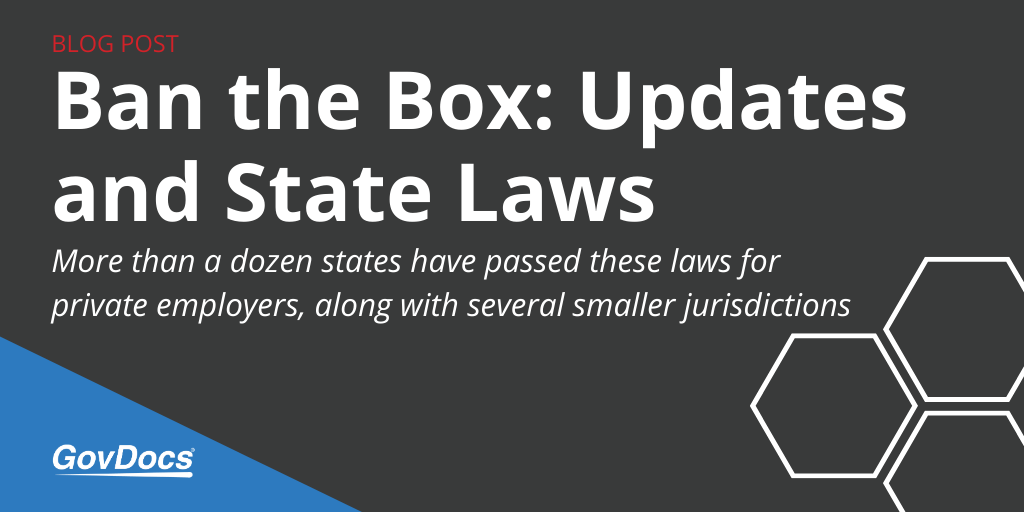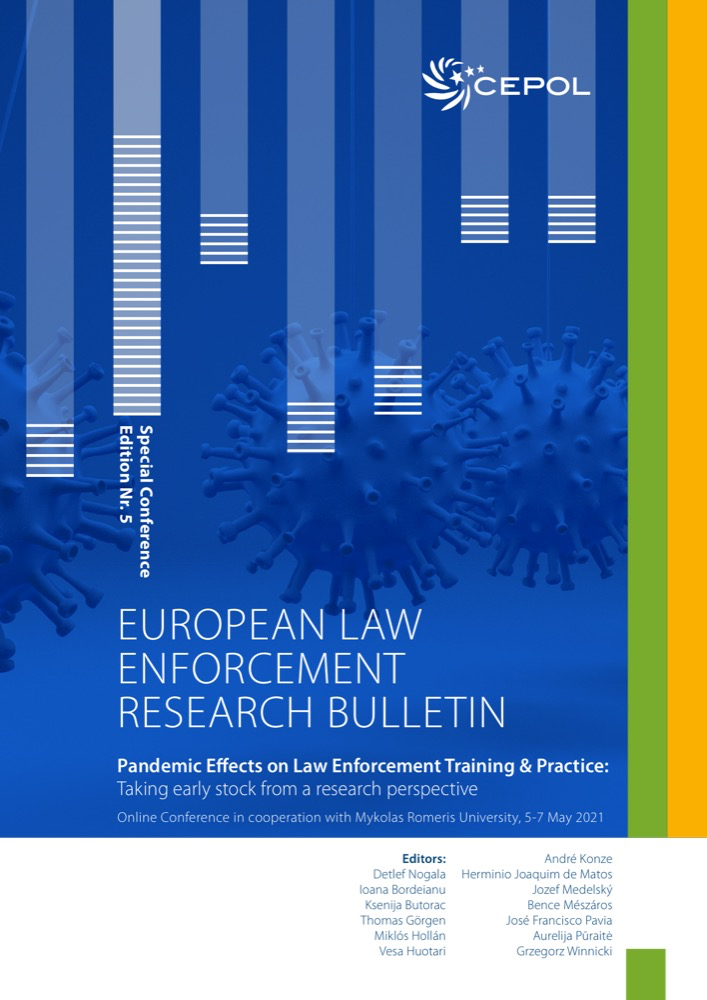Drug-testing of Private-sector Employees Is Governed by Federal Law
Researchers reported that the percentage of private worksites engaged in drug. In California employee drug-testing programs are regulated primarily by the privacy provision of the state constitution.

Research Science Conferences Cepol
Unlike most constitutional provisions Californias pri-vacy protection extends not only to the activities of gov-ernment but also to private employers.

. Federal state and private employees are all subject to drug testing. Even when an employer is required to implement a drug-testing program by another federal mandate such as the Omnibus Transportation Employee Testing Act of 1991 the employer must negotiate with the union to determine exactly when testing will be conducted and what penalties should apply to workers who test positive for drug or alcohol use. The federal drug free workplace policy requires that urine samples be collected.
Department of Transportation adopted revised regulations in August 2001 and other agencies are free to adopt their own internal regulations. Under federal law jobs that involve safety or security functions generally require mandatory drug testing of applicants or employees. Workplace Drug Testing Employers seeking to reduce occupational injuries may consider adopting a drug-free workplace policy.
Under the terms of the Drug-free Workplace Act the employer has 10 days to report that a covered employee has been convicted of. There are limits however for public government employees. Random testing is totally prohibited unless required by a federal law mandating drug testing.
Although drug testing within the private sector in Alaska is not constitutionally prohibited private employers face other legal hurdles. Restrictions placed on random drug testing. Two years later Congress passed the Drug-Free Workplace Act of 1988.
If selected for a test you will report to a testing site provide identification and then provide a urine sample. Many federal employees such as those who handle classified information those who work in national security law enforcement officers employees with duties to protect property life health and safety and even the President are subject to drug testing. -The fourth amendment does not apply to drug testing conducted by private employers-The privacy rights and drug testing of private-sector employees are governed by state law which varies from state to state-Many states have statutes that allow drug testing by private employers but put restrictions on when and how the testing may be performed.
Hence the privacy rights and drug testing of private-sector employees are governed by state law which varies from state to state. The drug-testing movement began in 1986 when former President Ronald Reagan signed Executive Order 12564 requiring all federal employees to refrain from using illegal drugs on or off-duty as a condition of federal employment. A diminishing number of private sector employers are testing their workers for the use of controlled substances according to survey data provided by US Bureau of Labor Statistics.
Notify the federal contracting agency of any covered violation. Often the rules depend on whether the employer wants to test an applicant. 1 True 2 False n 1 1 point An eligible employee may take leave under the Family and Medical Leave Act to care for the employees spouse child or parent who has a serious health condition.
Under the terms of the Drug-Free Workplace Act an employee must notify the employer within five calendar days if he or she is convicted of a criminal drug violation. Drug-testing of private-sector employees is governed by federal law. However some Agencies may also be collecting oral fluids.
How does the federal government conduct federal employee drug testing. Federal law enables employees to continue health-care coverage after their jobs have been terminated and they are no longer eligible for. Rhode Island law allows an employer to require a job applicant to pass a drug test if 1 he has offered the applicant a job on the condition that he pass the test 2 the applicant provides the sample in private and 3 positive results are confirmed a federally certified lab using gas chromatographymass spectrometry or another technique that is at least as scientifically.
Drug testing private employees The Fourth Amendment does not apply to drug testing conducted by private employers. TF Only employers contribute under federal law to help pay for benefits that with partially make up for their employees loss of income on retirement False TF Drug-testing of private-sector employees is governed by federal law. Private sector employees of course are not protected by these standards because the Constitution does not apply to private corporations.
Employees who are exempt from the federal overtime provisions include manual laborers and other blue-collar workers. Drug and alcohol testing programs clearly implicate individual privacy. Except for certain employers in industries that are heavily regulated by the federal government such as transportation nuclear energy and military contracting federal law doesnt have much to say about drug testing.
The only protection in the private sector comes from the few state drug testing statutes discussed in our legislative brief on drug testing which is on the ACLU website and from the Americans with Disabilities Act discussed later in. 7301 note and Executive Order No. The Guidelines establish the scientific and technical guidelines for federal drug testing programs and establish standards for certification of laboratories engaged in drug testing for federal agencies under authority of Public Law 100-71 5 USC.
Federal drug testing programs test applicants to sensitive. Components of such programs often include a written statement describing the consequences of alcohol and substance abuse at work an employee assistance program EAP that provides substance abuse counseling and treatment and drug. 12 The Drug-Free Workplace Act applies to both safety-sensitive and non-safety-sensitive positions but it does not re-quire drug testing13 Below is a summary of each of the federal laws and regulations requiring the establishment of substance abuse pro-.
That in turn spawned the creation of federal Mandatory. Fewer Private Sector Employers Engaging in Drug Testing. Many states -- and even some local governments -- do regulate drug testing however.
No limits are placed on the right of private employers to adopt drug and alcohol testing for their employees. F 1 1 1 point Drug-testing of private-sector employees is governed by federal law. Hofstra Labor Law Journal nuclear power.

Federal Employment Laws Do They Apply To You Employment Law Handbook

Competition Blogs Archiv Lexxion

12 Most Asked Questions On U S Employee Monitoring Laws Worktime

Camscanner Understanding Words Word Search Puzzle

Competition Blogs Archiv Lexxion

Ban The Box Updates And State Laws Govdocs

Open Hiring A Path To Equity And Inclusion Through Employment Opportunity Employment Opportunities Learning And Development Business Leader

Vital Signs Digital Health Law Update Jones Day

Research Science Conferences Cepol

Policy And Position Statement Astellas Pharma Inc

Poor Training Tight Schedules And Careless Safety Cultures Are Causing Trench Related Fatalities To Climb Construction Safety Contractors Safety

Is It Legal To Drug Test My Employees

Law Summer Courses In Europe Summer Schools In Europe

Corporate Investigations Report 2022 Belgium

Corporate Immigration Report 2021 2022 Switzerland

Stickandpoke Handpoke Tattoo Dotwork Blackink Darkartists Blackwork Blackworkers Blackworkerssubmission Blackt Claw Tattoo Tattoos Dinosaur Tattoos

Federal Statutes Regulations And Guidance

Best Truck Driving Jobs Images On Pinterest Driving Truck Driving Jobs Trucks Truck Driver Jobs

Osha 300 Log Record Keeping Training Health Administration Occupational Health And Safety Osha
Comments
Post a Comment